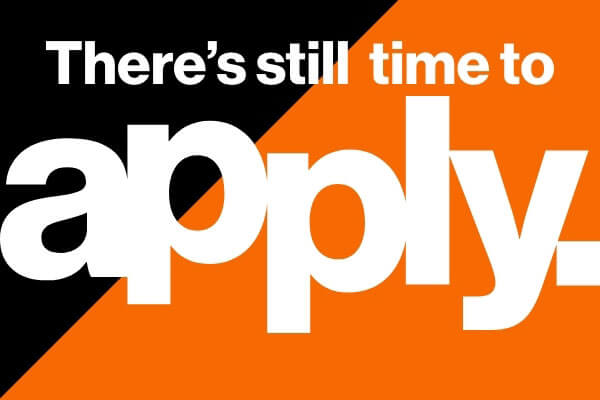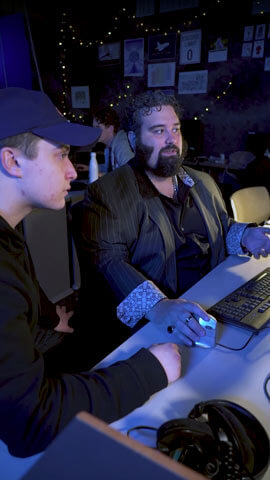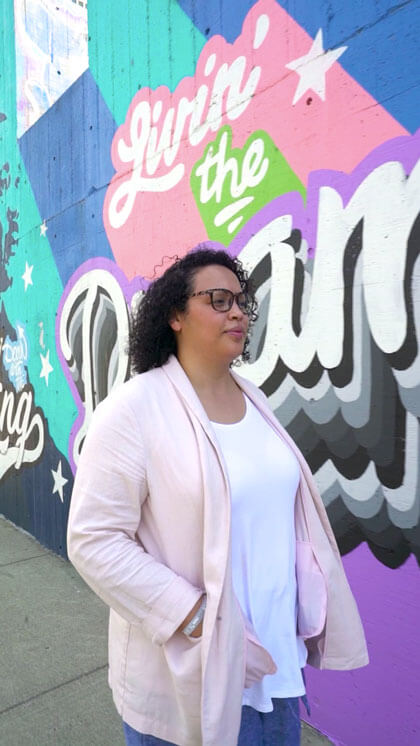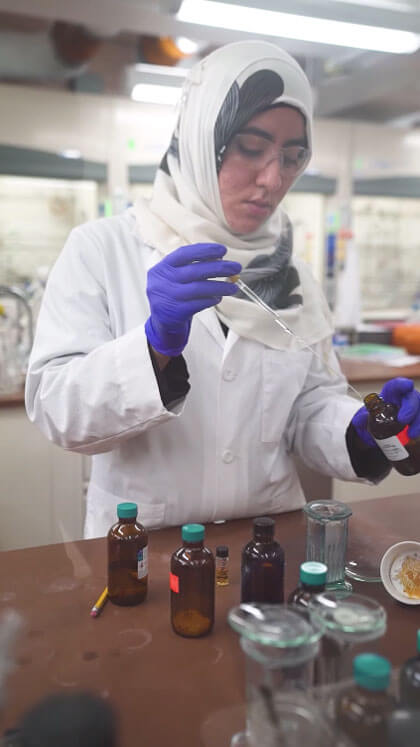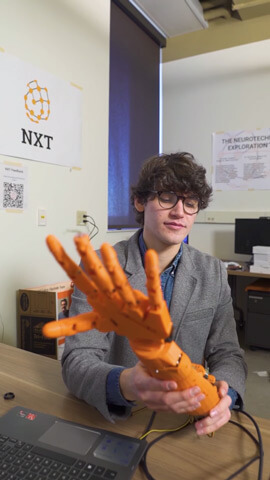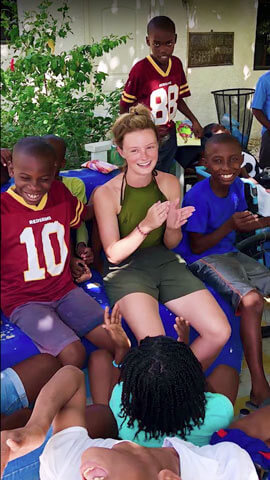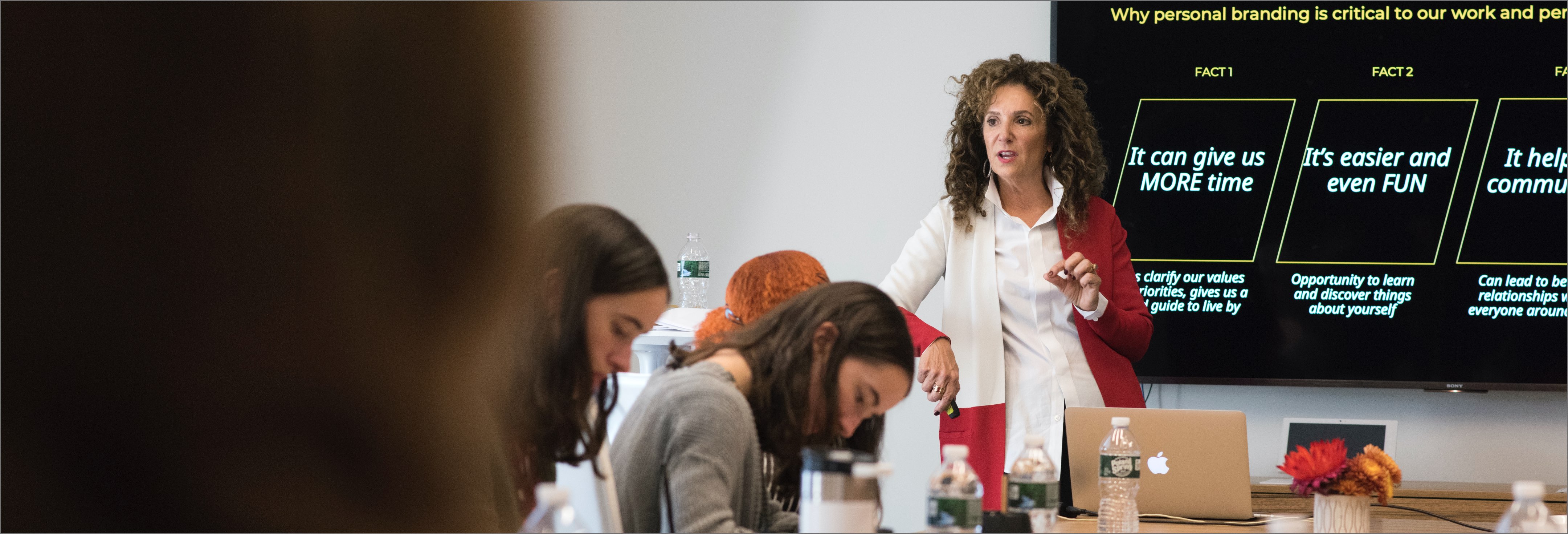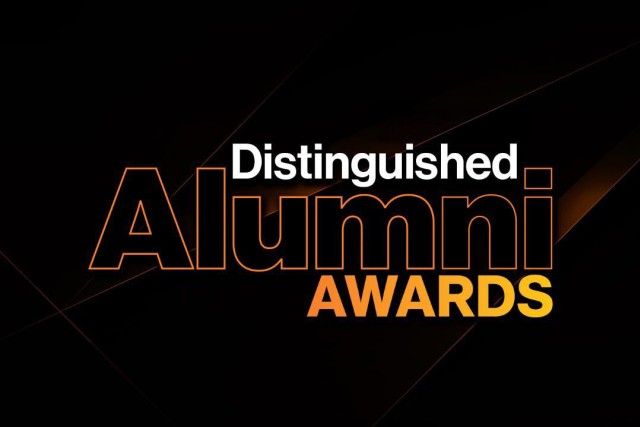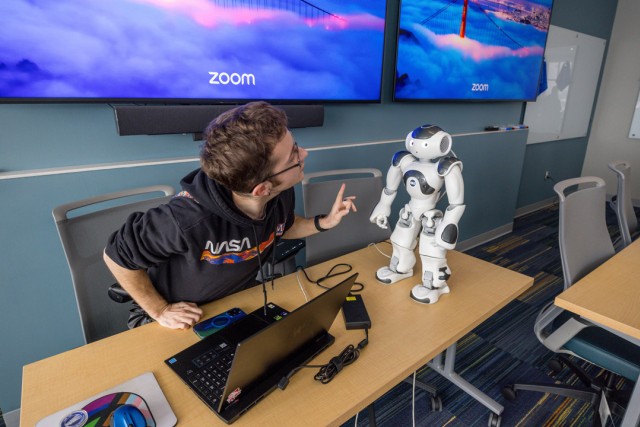Home Page
Where Education Meets Imagination
In the School of Individualized Study, you have the freedom and flexibility to design a degree as unique as you. Supported by faculty mentors, advisors, and signature hands-on experiences, you’ll plug into RIT’s world-class facilities and pulse of innovation—empowering you to bring your educational goals to life.
100s
Of Concentration Options
5K+
Courses to Choose From
100%
Experiential Learning Participation
Message from the Dean

At the School of Individualized Study, you’ll find skilled conversation partners excited to help you set a strategy and find a way forward to professional success, continuous intellectual curiosity, and engaged, thoughtful citizenship. Shape courses, experiences, conversation, and self-reflection into a transformative educational package that lets you be you.
Read More…


